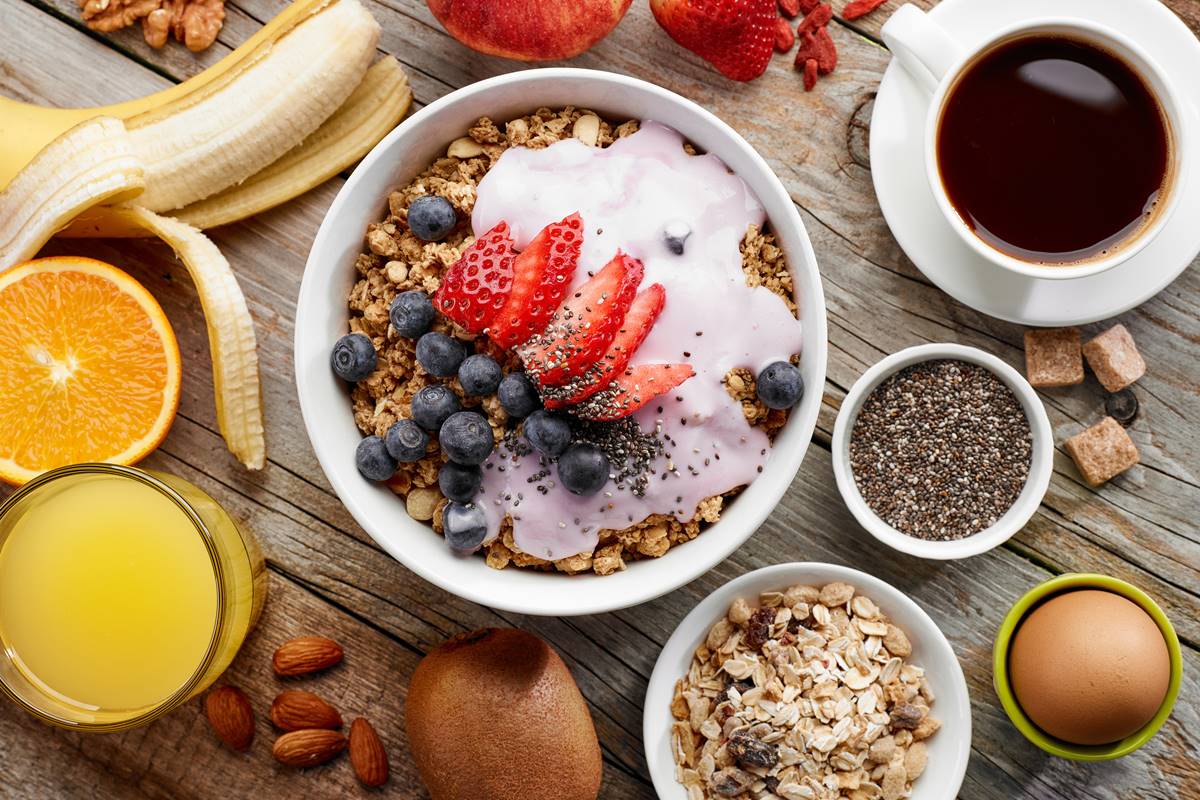Is India set to become the new beauty destination for global brands?
The Indian beauty market is estimated to reach $2.27 billion by 2028, with a CAGR of 10.91% during the forecast period (2023-2028).
The inflammation is the body’s response to confirm that the natural defences have been engaged. It occurs when cells travel across the body, to reach the affected area. Thus we feel the sensation in the form of inflammation.

(Photo: Getty Images)
The idea of healthy living is not just restricted to maintaining the shape of one’s body or keeping the body weight under check. It is much more than that. It involves the overall health of the body.
Recently, an anti-inflammatory diet has been widely promoted because of the benefits it possesses for the whole body. It is being followed by a large population around the world and is something to ponder over.
What is inflammation?
Advertisement
It is a common belief that inflammation is not good for the body. On the contrary, it is the body’s natural response system triggered by the immune system. When foreign particles enter our body, or the body suffers some injury like a cut or a bruise, inflammation occurs.
The inflammation is the body’s response to confirm that the natural defences have been engaged. It occurs when cells travel across the body, to reach the affected area. Thus we feel the sensation in the form of inflammation.
Prolonged inflammation is considered harmful, because when it is persistent, it damages healthy cells of the body. It further creates a pro-inflammatory state. The inflammation remains for a long time due to certain diseases, such as Crohn’s disease, rheumatoid , fibromyalgia, type 1 diabetes, lupus, multiple sclerosis and arthritis.
The other major causes of inflammation are unhealthy and sedentary lifestyle, consumption of high-calorie diet and stress. These factors trigger chronic low levels of inflammation in the entire body. This condition is known as metaflammation.
What is an anti-inflammatory diet?
In simple terms, an anti-inflammatory diet is a remedy for inflammation. It is widely acknowledged that food plays an important role in case of inflammation. Food can trigger or worsen inflammation being felt by the body. Processed and sugary foods are known to impact inflammation in a bad way. On the other hand, wholesome and fresh foods are likely to help ease it.
The anti-inflammatory diet consists of foods that help in relieving inflammation. The main constituents of this diet are plant-based foods as they are considered a rich source of antioxidants. The food that is considered the most harmful in this context is that which is fried in reheated and reused cooking oil. Also, smoking is to be avoided while on an anti-inflammatory diet.
Role of Inflammation in various diseases
Inflammation is the cause of many other chronic diseases. It is further linked to promote certain conditions in the body and plays a major role in determining the overall health of the body. According to Low-grade inflammation, diet composition and health: current research evidence and its translation, published in The British Journal of Nutrition, “The role of inflammation in the early-stage pathophysiology of atherothrombotic events has been recognised for over 20 years. Leukocyte recruitment into the sub-endothelial compartment of damaged arteries initiates a cascade of events mediated by leukocyte-derived inflammatory mediators. In particular, chemokines and cytokines propagate atherosclerosis via increased chemokine production and expression of endothelial adhesion molecules, stimulating further leukocyte recruitment, promoting lipid-laden foam-cell formation, initiating smooth muscle cell proliferation, and inducing plaque instability and eventual rupture.”
Aging and inflammation
Inflammation is also linked to aging. It is a known fact that with advanced age, the formation and responsiveness of the cells decrease. When cells are not formed quickly, they are unable to tackle inflammation that occurs in the body. Kristine Stromsnes et. al. explain in Anti-Inflammatory Properties of Diet: Role in Healthy Aging, “Inflammaging is a term which refers to the chronic inflammatory state associated with aging in mammals. According to the defined hallmarks of aging, inflammaging can be considered an alteration in intercellular communication which led to a pro-inflammatory phenotype.”
How anti-inflammatory diet works
In an anti-inflammatory diet, there is no particular rule about the portion size or calorie count. It is advisable to consume certain types of anti-inflammatory foods everyday. The diet does not restrict to one or two specific types of food or food ingredients. This offers a wide variety of food items and components. The idea is to have prescribed food items so that they could boost the body’s immunity, working synergistically. The plant chemicals known as phytochemicals, fiber and antioxidants constituted in the diet, inhibit similar inflammatory signals that are caused by the immune system. This further slows down digestion, preventing surges in blood glucose and promotes healthy gut microbiota.
Suggested anti-inflammatory foods:
Foods to avoid during anti-inflammatory diet
Advertisement